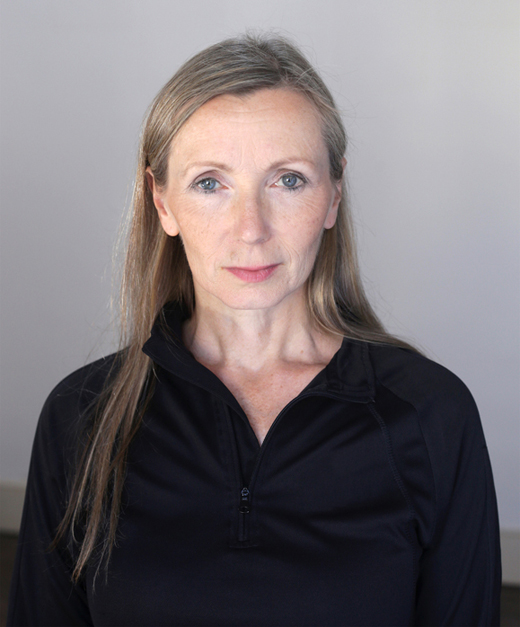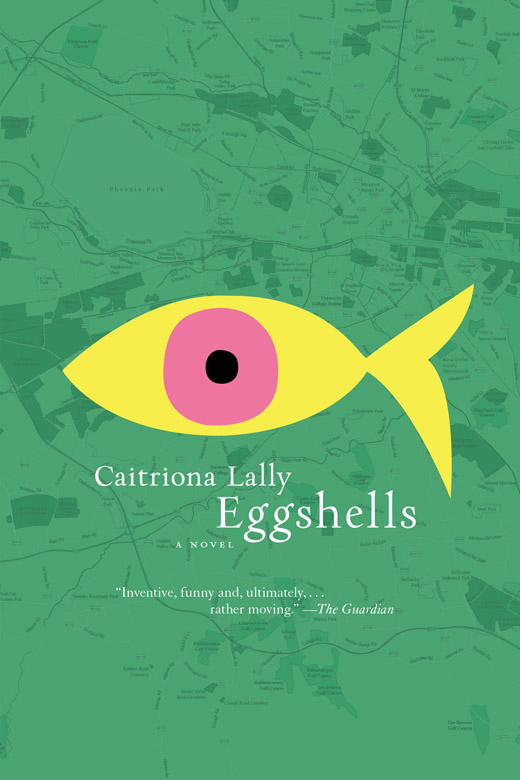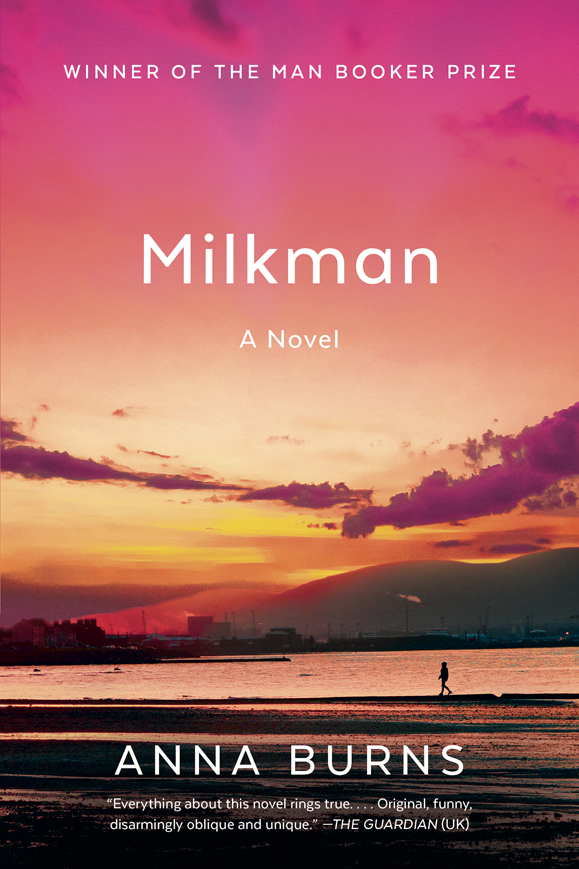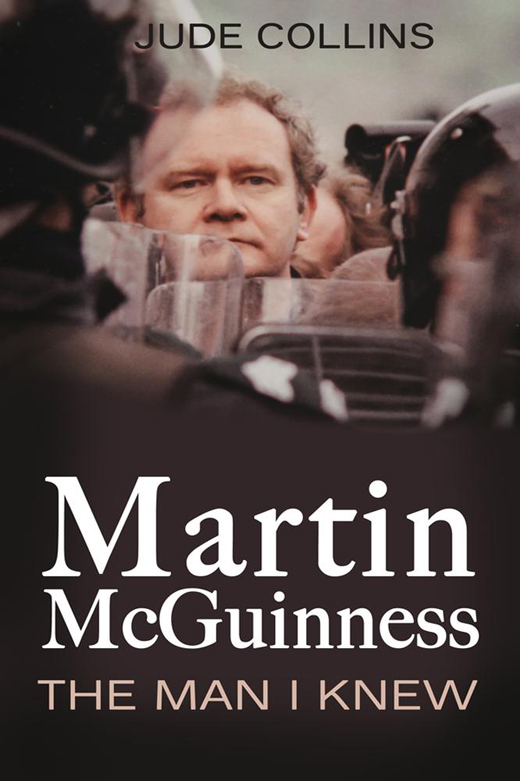
Anna Burns Wins Man Booker Prize
Novelist Anna Burns won the 2018 Man Booker Prize for her third book, Milkman. Burns is the first writer from Northern Ireland to ever win the award, and the first woman since 2013 to do so. The experimental novel takes place in Northern Ireland during the Troubles, the armed conflict in the region in the late 20th century. It is narrated by an unnamed 18-year-old girl who tells of how a much older paramilitary figure called “the milkman” use notions of loyalty to manipulate her into sexual relations. The chairman of the judges, Kwame Anthony Appiah, said that the book “is commended for giving us a deep and subtle and morally and intellectually challenging picture of what #MeToo is about.” Telling of how Milkman was inspired by her own experience, Burns said, “I grew up in a place that was rife with violence, distrust, and paranoia, and peopled by individuals trying to navigate and survive in that world as best they could.”
The Man Booker Prize for Fiction awards the best original novel written in the English language and published in the UK and its winners generally receive international renown and success. This year the prize is celebrating its 49th anniversary. The eligibility was controversially widened in 2014 from only considering authors from the British Commonwealth, Ireland, and Zimbabwe to including all English-language novels. Since the change, two American authors have won the award: Paul Beatty in 2016 for his novel The Sellout, and George Saunders last year for Lincoln in the Bardo. After the ceremony where Burns won the award, Graywolf Press announced that it will publish Milkman in the United States on December 11, 2018. – Maggie Holland
℘℘℘
Martin McGuinness: The Man I Knew
Jude Collins, author of Martin McGuinness: The Man I Knew, gave a lecture about the book at New York City’s American Irish Historical Society in October. On the night, the journalist and former educator spoke about his own relationship with McGuinness, the late Northern Ireland politician who played a huge role in the peace process, whom he called “a man of the people.” The book is a collection of interviews that Collins did with people who represent all sides of the Northern Irish political spectrum, including Gerry Adams; Eileen Paisley, wife of Ian Paisley; former Assistant Chief Constable Peter Sheridan from the RUC, peace process chairman, Senator George Mitchell; and Irish America’s publisher, Niall O’Dowd. As Collins talked he touched on these interviews, which reveal McGuinness to be a complex man. He ended his talk with a single quote from Shakespeare’s Hamlet: “He was a man, take him for all in all, I shall not look upon his like again,” which brought applause from the many McGuinness fans in the audience, who were ready to tell their own stories of the great man at the after party. – Dave Lewis
℘℘℘
Another book on Martin McGuinness making the rounds is Henry McDonald’s Martin McGuinness: A Life Remembered. It is a precisely curated book of photographs that capture his journey from IRA leader to Deputy First Minister of Northern Ireland, and features all the milestones in McGuinness’ life. From harrowing scenes of Bloody Sunday to the Good Friday Agreement, the book gives the reader the full scope of a personal but collective journey that began with anger and strife, but ended in peace. – Dave Lewis
(Blackstaff Press / 144 pp. /$20.92)
℘℘℘

Caitriona Lally Wins Rooney Prize
Caitriona Lally has been awarded €10,000 as this year’s winner of the Rooney Prize for Irish Literature for her book Eggshells. Intended for emerging artists, the prize was created in 1976 by the late Dan Rooney, owner of the Pittsburgh Steelers and former U.S. Ambassador to Ireland, and is one of the most important prizes given annually to Irish writers under 40. “It is for writers moving out of promise into their own light,” said Gerry Dawe, co-chair of the Rooney prize selection committee. Coming into her own light, for Caitriona Lally, meant up at 4:45 a.m. each morning to go to Trinity College – to her cleaning job – and then returning home to care for her 14-month-old daughter Alice, and putting in some writing time. Lally says that her janitorial job is a great fit for writing. She said, “I’ve had copywriting jobs before, but it was hard to sit down at the computer and write my novel once my paid work was done. I know that cleaning is some people’s vision of hell, but it works for me. The bills must be paid, and until that six-figure sum comes a-knocking, everyone needs a day job.” It was while unemployed and wandering around Dublin in 2011 looking for “staff wanted” signs that Lally came up with the idea of her main character in Eggshells, Vivian, who’s “just looking to belong, to connect with someone.” Ironically, just as Lally’s art imitated her life, her life is now imitating art, specifically, the film Good Will Hunting. Hopefully, like Matt Damon in the film, this won’t be the last we hear of Caitríona Lally. Meanwhile, she will continue in her day job. – Maggie Holland ♦



Leave a Reply